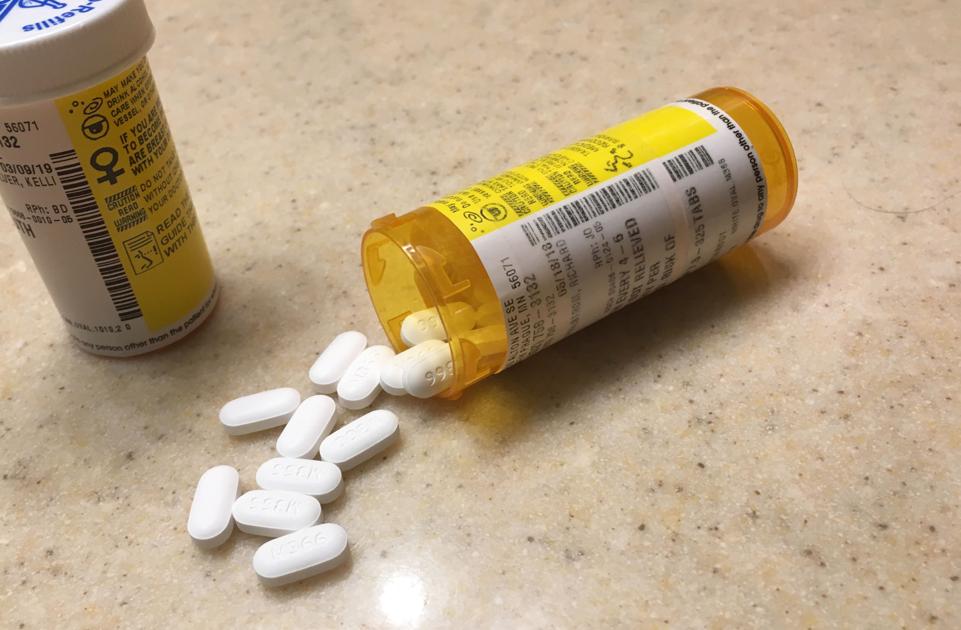
22 Apr Anoka County woman fights for sobriety | Free
Collette, a young woman from Anoka County, recently celebrated being 20-months sober from opioids and other substances after graduating from Minnesota Adult and Teen Challenge, a Twin Cities-based Christian rehabilitation and recovery center.
Collette said she first started using prescription pills and marijuana at age 14. Concerned for their daughter, her parents sent her to a rehabilitation facility for treatment.
By 18 years old she began using opioids such as fentanyl and illegally obtained prescription pills, and eventually she turned to heroin, because it was cheaper.
“It started out as recreational use, and it was a way to make friends and just hang out,” she said. “Then eventually it turned into me just trying to fill a hole. I didn’t like reality when I was wasn’t messed up, so I just stayed messed up all the time.”
Collette said she first willingly sought treatment when she was 18.
“I was miserable when I wasn’t high, and I was going through withdrawals,” she said. “I saw the direction my life was going in, and a part of me really didn’t want it while the other part of me didn’t care, but there was still a part of me fighting against it.”
Collette found local help by researching treatment facilities online. After entering rehab, her doctors immediately started her on methadone, a drug to help ease patients off opioids.
Collette struggled to stay sober. One day her ex-boyfriend sneaked narcotics into the treatment center for her. Soon Collette received her first felony for drug possession.
In order to afford opioids, Collette said she began burglarizing homes with her ex-boyfriend when she was 20.
“It was a really expensive habit,” she said. “I was doing that to just stay well.”
Over the next decade, Collette went in and out of rehab about 20 times, often receiving treatments with either methadone or buprenorphine (often known by the brand name Suboxone).
Although they’re effective for many people, Collette didn’t like how methadone and buprenorphine made her feel.
“I was still high, but it was a legal high,” she said. “I didn’t like how it made me feel.”
Collette said she also did walk-ins at local hospitals and clinics. There she completed a Rule 25 assessment, which is when a health care provider assesses the severity of an individual’s addiction. Rule 25 also helps provide patients financial assistance for treatment as needed.
Later Collette started using methamphetamines and eventually ended up in prison, which she said saved her life.
Upon leaving prison, Collette turned to Minnesota Adult and Teen Challenge for residential treatment. Along with her health care team they decided to have Collette do a cold-turkey approach for treatment.
“I was clear-headed and able to function,” she said. “I was able to really be sober for the first time in a long time.”
Collette said therapy was beneficial, and she liked the program’s incorporation of faith.
“It helped me unearth the reasons why I was getting high,” she said.
Collette recently graduated from the program and has been sober 20 months, which is the longest she has ever been sober. Next she will participate in the center’s Leadership Institute, which is a continued education option for individuals who have completed the long-term program.
“Treatment only really works when you’re ready to stop,” she said.
Collette encourages people who are addicted to opioids talk to their health care providers to explore other options for treatment if traditional methods aren’t working.
“There are other options,” she said. “Sometimes it takes a little bit. You just have to give it some time.”
[ad_2]
Source link



No Comments